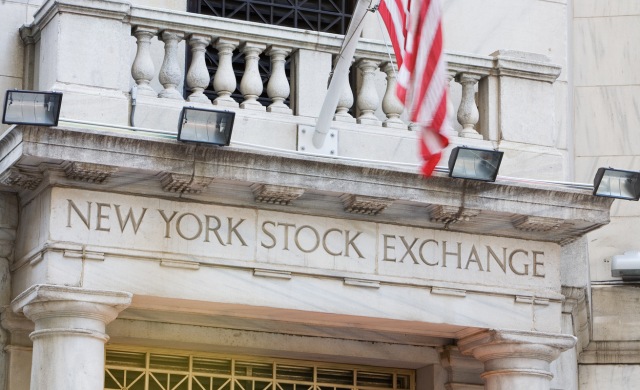The major U.S. index futures are currently pointing to a roughly flat open on Wednesday, with stocks likely to extend the lackluster performance seen in the previous session.
Traders may continue to stick to the sidelines ahead of the release of fiscal second quarter results from market leader Nvidia (NASDAQ:NVDA) after the close of today’s trading.
Shares of Nvidia jumped by 1.5 percent on Tuesday, regaining ground after tumbling by 2.3 percent during Monday’s session.
Traders are also looking ahead to Friday’s release of the Commerce Department report on personal income and spending in the month of July, which includes readings on inflation said to be preferred by the Federal Reserve.
Economists currently expect the annual rate of consumer price growth to inch up to 2.6 percent in July from 2.5 percent in June, while the annual rate of core consumer price is expected to tick up to 2.7 percent in July from 2.6 percent in June.
While the data is not likely to affect optimism the Fed will lower rates next month, it could impact expectations for how quickly the central bank cuts rates.
During his speech at the Jackson Hole Economic Symposium last Friday, Fed Chair Jerome Powell said the “time has come for policy to adjust” but noted the “timing and pace of rate cuts will depend on incoming data, the evolving outlook, and the balance of risks.”
Stocks showed a lack of direction over the course of the trading session on Tuesday, with the major averages bouncing back and forth across the unchanged line. Despite the choppy trading, the Dow crept up to a new record closing high.
The major averages all finished the day modestly higher. The Dow inched up 9.98 points or less than tenth of a percent to 41,250.50, the Nasdaq rose 29.05 points or 0.2 percent to 17,754.82 and the S&P 500 edged up 8.96 points or 0.2 percent to 5,625.80.
The choppy trading on Wall Street came as traders seemed reluctant to make significant moves ahead of the earnings news from Nvidia and the inflation data.
On the U.S. economic front, the Conference Board released a report unexpectedly showing a modest improvement by U.S. consumer confidence in the month of August.
The report said the Conference Board’s consumer confidence index rose to 103.3 in August from an upwardly revised 101.9 in July.
The increase surprised economists, who had expected the consumer confidence index to edge down to 100.1 from the 100.3 originally reported for the previous month.
Reflecting the lackluster performance by the broader markets, most of the major sectors ended the day showing only modest moves.
Telecom stocks showed a substantial move to the downside, however, with the NYSE Arca North American Telecom Index tumbling by 2.5 percent.
Significant weakness was also visible among housing stocks, as reflected by the 1.2 percent loss posted by the Philadelphia Housing Sector Index.
Energy stocks also saw notable weakness amid a steep drop by the price of crude oil, while semiconductor stocks regained ground after falling sharply on Monday.
